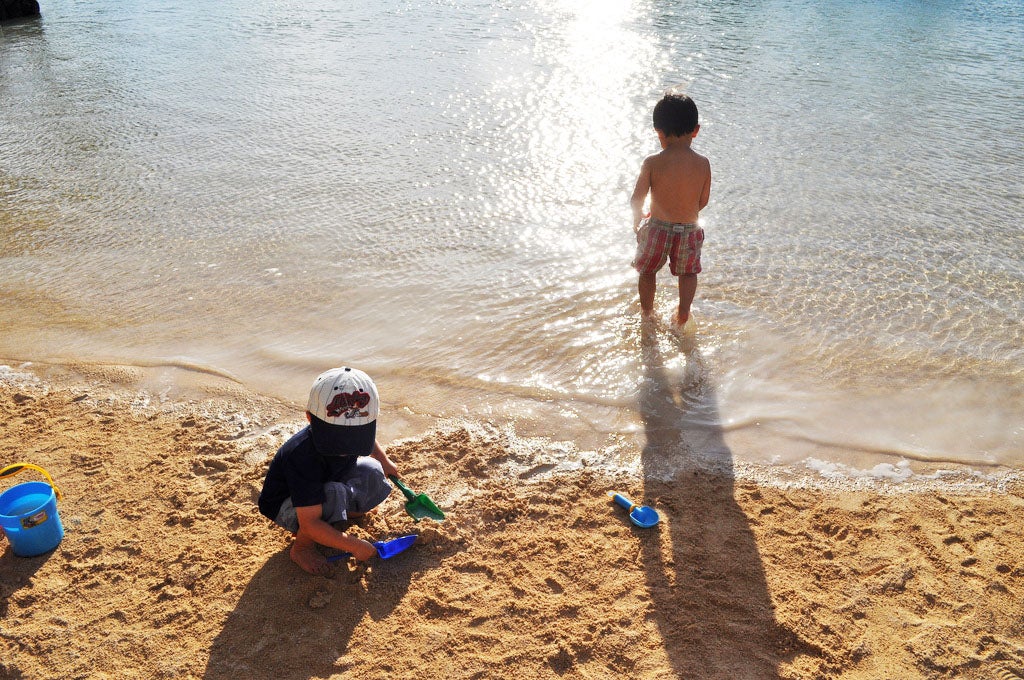Summer is a great time to travel – and a great time for travel scams. Learn what to look out for this summer with our consumer protection experts.
Featured in this Show
-
Consumer Protection Expert Says How To Protect Vacation From Scammers
As many plan for traveling this summer, it’s important to be aware of the scams and ripoffs that could ruin one’s vacation From “free” tickets to non-existent rentals to ID theft, summer is often ripe for fraud, according to consumer protection experts.
One of the biggest offenders is the postcard that says someone has won a free trip or free tickets or other “awards.”
Sandy Chambers, assistant deputy secretary with the state Department of Agriculture, Trade and Consumer Protection, said people should be careful.
“We’ve had several cases of those lately and usually they pitch a deal that almost seems too good to be true,” and it usually is, she added.
Many of these giveaways are of little or no value, she said. For instance free airline tickets might be tied to the purchase of expensive hotel accommodations. Other vacation “awards” are often of questionable value or are only given if someone sits through a high-pressure sales pitch for a timeshare or vacation club.
Other “free vacation” offers are scams that depend on victims paying “taxes or fees” on the prize.
Chambers recommends taking a real good look at the details before spending money.
“Ask a lot of questions because from what we’ve seen, a lot of these are scams,” Chalmers said. “The deals they offer are no better than what you could find for yourself on third party websites like Expedia or Orbitz or one of those types of websites.”
Also be wary of vacation rental deals, said Chalmers. She said that there are fake websites that look legitimate, using names and logos of real hotels. The scammers show gorgeous photos of homes and condos on property sharing sites. People are asked to wire money to hold a rental — either as a deposit or the full amount of the stay. When they show up for the vacation, the rental property either doesn’t exist or a booking wasn’t made.
To help protect oneself, she suggests people check that the address of the property actually exists. If the property is located in a resort, call the front desk directly and confirm specific details about the location and the reservation. Check reviews and use a credit card to make reservations.
When a person travels, they’re also at greater risk for ID theft as people on vacation tend to let their guard down and criminals know this.
Officiails with Department of Agriculture, Trade and Consumer Protection suggests the following precautions:
- Clean out one’s wallet. Remove unnecessary credit cards, Social Security card and other unneeded documents that could compromise a person’s identity if lost or stolen.
- Call bank and credit card companies to let them know when and where you will be traveling. Their fraud departments can monitor your accounts for unauthorized transactions.
- Use caution when accessing online banking or other password-protected services from Wi-Fi networks. Only use secure Wi-Fi “hotspots.”
- Always be cautious with the information shared on social networking sites. Telling everyone you’re gone is like putting a sign on your front door saying “Away on Vacation.”
Episode Credits
- Larry Meiller Host
- Jill Nadeau Producer
- Sandy Chalmers Guest
- Michelle Reinen Guest
Wisconsin Public Radio, © Copyright 2024, Board of Regents of the University of Wisconsin System and Wisconsin Educational Communications Board.

